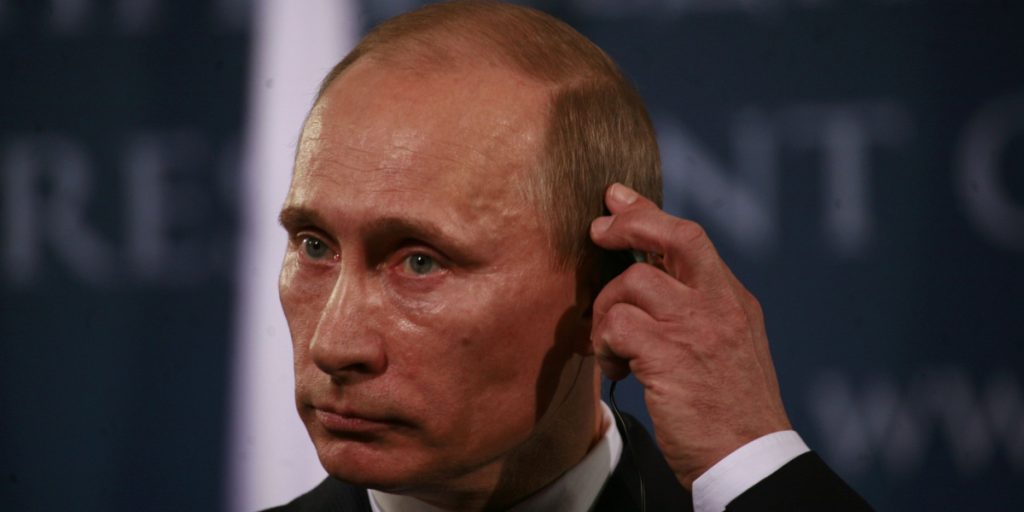Putin’s ‘blackmail’ didn’t work.
Others are reading now
As winter approaches, Europe is in a far better position compared to last year, thanks to nearly full underground gas storage facilities. The European Union and Poland have both reported record levels of gas reserves, effectively countering Russia’s attempts to manipulate the energy market.
According to the newsoutlet aa.com.tr, as of October 16th, European underground gas stores were filled to 97.95 percent of their capacity, amounting to over 3.71 trillion cubic feet of gas. This is a significant improvement over last year when the EU faced a gas shortage due to prolonged maintenance work in Norway.
Gas Storage Poland, the company overseeing the country’s national storage facilities, reported that their reserves are 99 percent full. The company regularly updates the filling levels on its website, indicating a strong preparedness for the winter months.
Also read
Record-breaking storage levels
Data from the Gas Infrastructure Europe association reveals that the current storage levels are unprecedented. Even last year, PMG warehouses were only 95.6 percent full by mid-November, holding 3.56 trillion cubic feet of gas.
The EU has not only resumed imports from Norway but has also announced plans to construct new storage facilities. Additionally, EU member countries are increasingly utilizing Ukrainian storage facilities, which can hold over 1.06 trillion cubic feet of gas.
Russia’s Failed Manipulation
In the years leading up to its invasion of Ukraine, Russia supplied the EU with an average of 4.9 trillion cubic feet of gas annually. However, Gazprom had been manipulating supplies and prices even before the conflict. After the invasion, the company broke contracts with EU recipients who disagreed with unilaterally changed conditions.
By achieving near-full gas reserves, Europe has effectively neutralized Russia’s attempts to wield influence through energy supplies. This marks a significant shift in the geopolitical landscape, as Europe takes steps to ensure its energy security.


